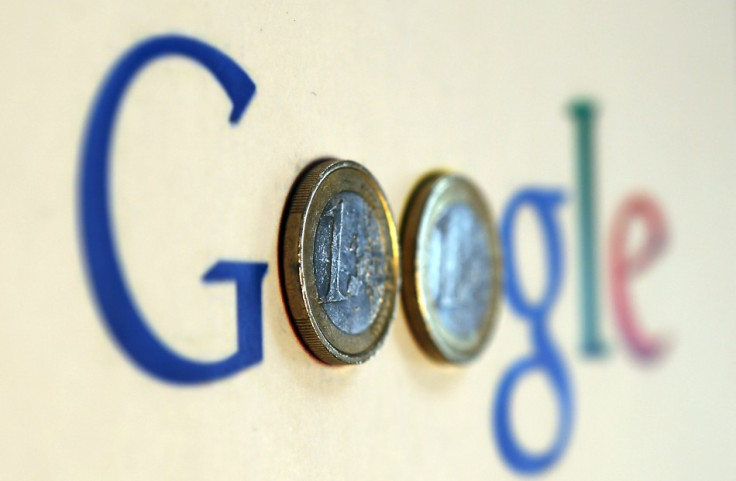EU 'Almost 100% Certain' to Demand More Concessions From Google
EU anti-competitive regulators are "almost 100%" certain to ask Google for more concessions on how the company promotes its own services over rivals in search results.

Google submitted proposals to the European Commission earlier this year, offering to label its own products in search results and make it easier for advertisers to move to rival platforms, like Microsoft's Bing search engine.
But EU Competition Commissioner Joaquin Almunia said on Tuesday he will allow complainants, including Microsoft and UK search engine Foundem, an extra month, until 27 June, to submit their proposals for how Google should change its practices.
After that date, Almunia said he and his team "will analyse the responses we have received...almost 100% we will ask Google: you should improve your proposals."
The EU said in January it believes that Google's 90% share of the European search market puts it in a position to easily promote its own services in search results, making it more difficult for users to click on rivals, even if those sites provide more accurate and relevant results.
Following the concerns, Google submitted a number of proposals in April, explaining how it would change its search service for a minimum of five years, pledging to clearly label promoted links to its own specialised search services, like YouTube and Maps, so users can tell them apart from other web search results.
Google also promised to use "clear graphical features", such as a surrounding frame, to separate these links to its own services from other results. It has also promised to provide links to three rival services, in a place that "is clearly visible to users".
Condemned
Despite looking to address the EC's complaints, Google's commitments were condemned almost immediately, as Search Neutrality, run by rival UK search engine Foundem, said the proposals will "fall short" of the EC's requirements. Foundem sued Google earlier this year for anti-competitive conduct.
Search Neutrality added: "Instead of promising to end its abusive practices, Google's proposal seems to offer a half-hearted attempt to dilute their anti-competitive effects, by labelling Google's own services and throwing in some token links to competitors' services alongside them.
"Without robust guidelines that guarantee the placement, depth, prominence, and relevance of these links, and guarantee that the selection of competitors will be free from anti-competitive penalties and discrimination, neither measure will make a dent in Google's ability to hijack the traffic and revenues of its rivals."
Foundem and others now have until 27 June to lodge further complaints, after which the EU Commission is expected to ask Google to make more changes.
© Copyright IBTimes 2025. All rights reserved.






















